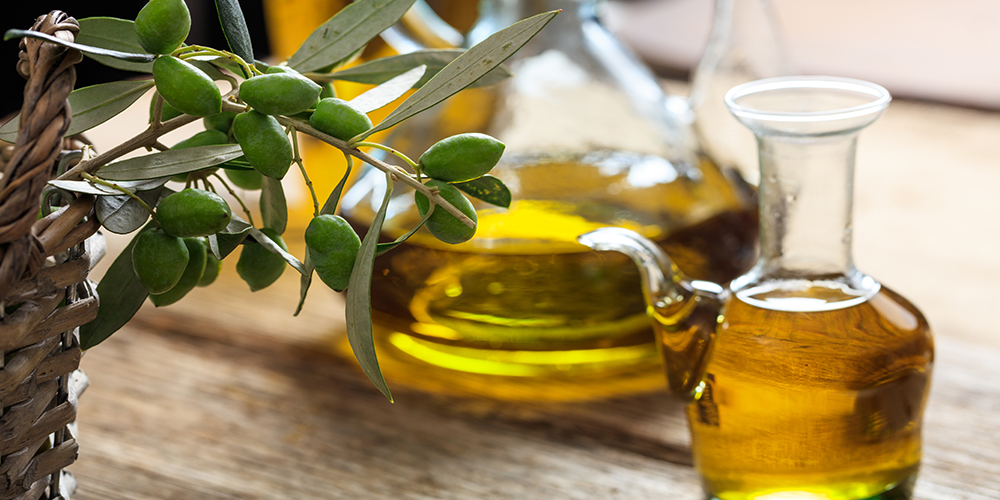Greek olive oil is not merely a culinary staple; it is a bridge between ancient traditions and modern wellness, steeped in history and health benefits. Revered as “liquid gold” by the ancient Greeks, olive oil has been a cornerstone of Greek culture, economy, and diet for millennia. Its enduring presence in the Greek way of life underscores its profound significance, both as a culinary ingredient and a symbol of health and longevity.
A Glimpse into Ancient Origins
The cultivation of olives in Greece dates back over 4,000 years, with archaeological evidence pointing to its use in Minoan Crete. The olive tree quickly became a sacred symbol in ancient Greece, often associated with Athena, the goddess of wisdom and warfare. According to mythology, Athena gifted the olive tree to humanity, making it a revered crop in Athens and beyond. Olive oil was a vital commodity in ancient Greek society, used not only in cooking but also for religious rituals, medicine, and even as a cosmetic for the skin.
The Mediterranean Diet and Modern Health Benefits
Fast forward to today, and Greek olive oil remains a staple of the Mediterranean diet, celebrated worldwide for its health benefits. At the heart of this diet, olive oil serves as the primary source of fat, replacing unhealthy trans and saturated fats. Studies have linked olive oil consumption to numerous health benefits, including:
1. Heart Health:
Olive oil is rich in monounsaturated fats, particularly oleic acid, which helps reduce bad cholesterol (LDL) levels while maintaining or increasing good cholesterol (HDL). It is also high in antioxidants like polyphenols, which combat oxidative stress and inflammation, both of which contribute to cardiovascular disease.
2. Anti-Inflammatory Properties:
Olive oil contains oleocanthal, a natural compound with anti-inflammatory effects comparable to ibuprofen. Regular consumption has been linked to a reduced risk of chronic diseases such as arthritis and Alzheimer’s.
3. Improved Digestion:
Olive oil supports gut health by stimulating bile production, improving nutrient absorption, and reducing the risk of gastrointestinal issues.
4. Diabetes Prevention:
Studies suggest that olive oil can help regulate blood sugar levels and improve insulin sensitivity, making it beneficial for those at risk of type 2 diabetes.
5. Longevity and Overall Wellness:
The antioxidant-rich profile of extra virgin olive oil helps combat free radicals, slowing aging processes and promoting overall vitality.
Greek Olive Oil’s Superior Quality
Greek olive oil stands out globally for its exceptional quality, with extra virgin olive oil (EVOO) being the most prized. Over 80% of Greece’s olive oil production is classified as EVOO, a designation requiring low acidity and superior taste. The unique climate, fertile soils, and centuries-old cultivation techniques contribute to the distinct flavor and richness of Greek olive oil, particularly varieties like Koroneiki, known for their robust and fruity profiles.
Greek olive oil also adheres to sustainable and traditional harvesting methods, preserving its purity and nutritional value. Whether drizzled over a classic Greek salad, used in slow-cooked stews, or savored with fresh bread, its versatility enhances both flavor and health.
A Legacy of Wellness
The connection between ancient Greek practices and modern health science highlights olive oil’s timeless value. From its mythical origins and revered status in antiquity to its scientifically backed health benefits today, Greek olive oil epitomizes the harmonious blend of tradition and innovation. Incorporating this golden elixir into your diet is not just a nod to the past but an investment in long-term health and vitality.
In celebrating Greek olive oil, we embrace a legacy that nourishes body, mind, and soul—just as it has for countless generations.
